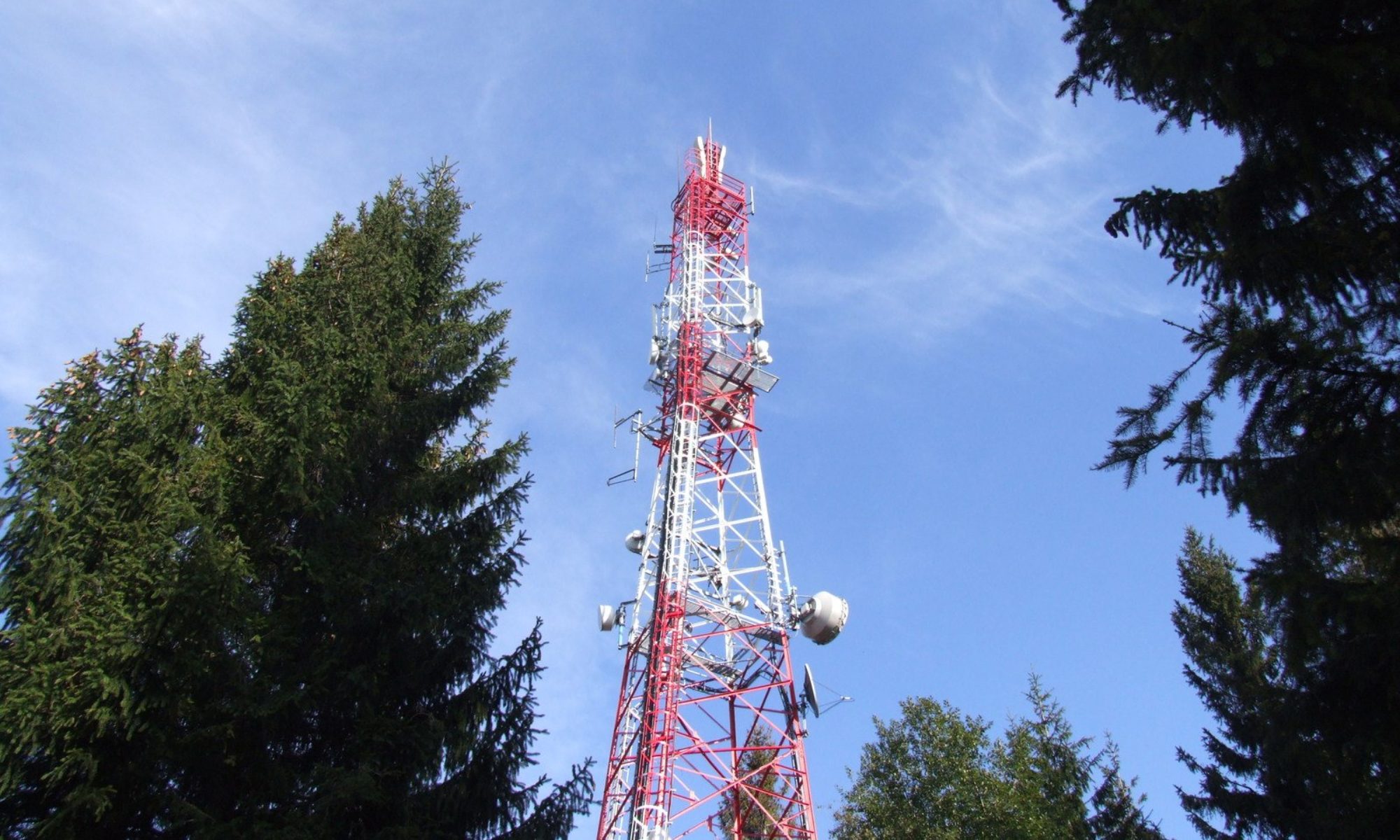We just had some important things happen, and I want to thank you for it!
On Saturday, March 18th, over 50 members showed up at Ham Radio Outlet to participate in our annual Membership meeting. That group unanimously voted to approve our policy changes and the proposed bylaw changes.
Not only did they approve them, they engaged with me and the board in the process, asking questions, giving advice, and providing valuable feedback, resulting in a few tweaks and improvements. I can’t tell you how thrilled I was that this was a “two-way” street, and the feedback that was provided was invaluable.
We also held the vote for this year’s officers. I’d like to congratulate Greg Braun (N9CHA) who was re-elected as Secretary, Dean Hoover (KB7QDI) who was elected to the position of Vice-Chairman, and Chris Keezer (KC9NVV) who was elected as Treasurer.
In addition I want to pass along a very special thank you to Jim Sheetz (K9OQO), who stepped down as treasurer this year, a position he held for 25 years. I’d like to thank Jim for his service and wish him all the best. He is a great example of service to the hobby.
In other election news, I’m still here! I did have every intention of trying to help WAR get the momentum it needed, and then hand it off to someone new. After all, I wasn’t nominated last year (I volunteered after there were no nominees), so there really was no “mandate” from the members that I
should serve, and I was well aware of that. However, this time around was different. I was asked by a few members if I would be willing to run again, and was actually nominated and “seconded” by members in the audience, and unanimously voted in. One of the comments from the audience was
that “You should see this through!” I appreciate the vote of confidence, and I will do just that!
Now, with that out of the way, what’s next? Well, we have to have one more vote on the bylaws in order for them to go into effect. So, we’ll be holding another meeting, this time in Wausau. We’re hoping to have the time and date for you soon, but we are shooting for August.
There will be two important votes: One is to pass the bylaws, and place them into effect. If that vote is approved, we will then be asking the members to extend the terms of Chris Keezer, Greg Braun, and myself to end in 2019, basically changing our terms to fall in line with the new 2 year terms provided in the bylaws. That way we only need to elect four more board members in 2018, rather than seven, all with different terms (we’re moving to staggered terms). This vote would essentially get us synchronized and allow us to quickly get to a full board of seven members.
Also, if the bylaws pass, we’d like to get some of our statewide advisors appointed at that meeting. This would be a perfect opportunity for you to participate. We need members from around the state to help us take care of our members everywhere, as well as provide valuable feedback about what
things we should be addressing so that we’re an organization that serves everyone, not just certain pockets of the state.
So, now you’re up to date. I feel the future of the organization and coordination in Wisconsin is very bright. I am thrilled with the level of engagement from our members, and look forward to working with you and our partners in surrounding states to provide a resource that serves us all well into the future.
As always, I’d love to hear from you. I promise that even if I don’t have an immediate answer to your questions or comments, you’ll at least get a reply and know that I’m listening.
Chris Tarr, W9JOL
Chairman
Wisconsin Association of Repeaters

